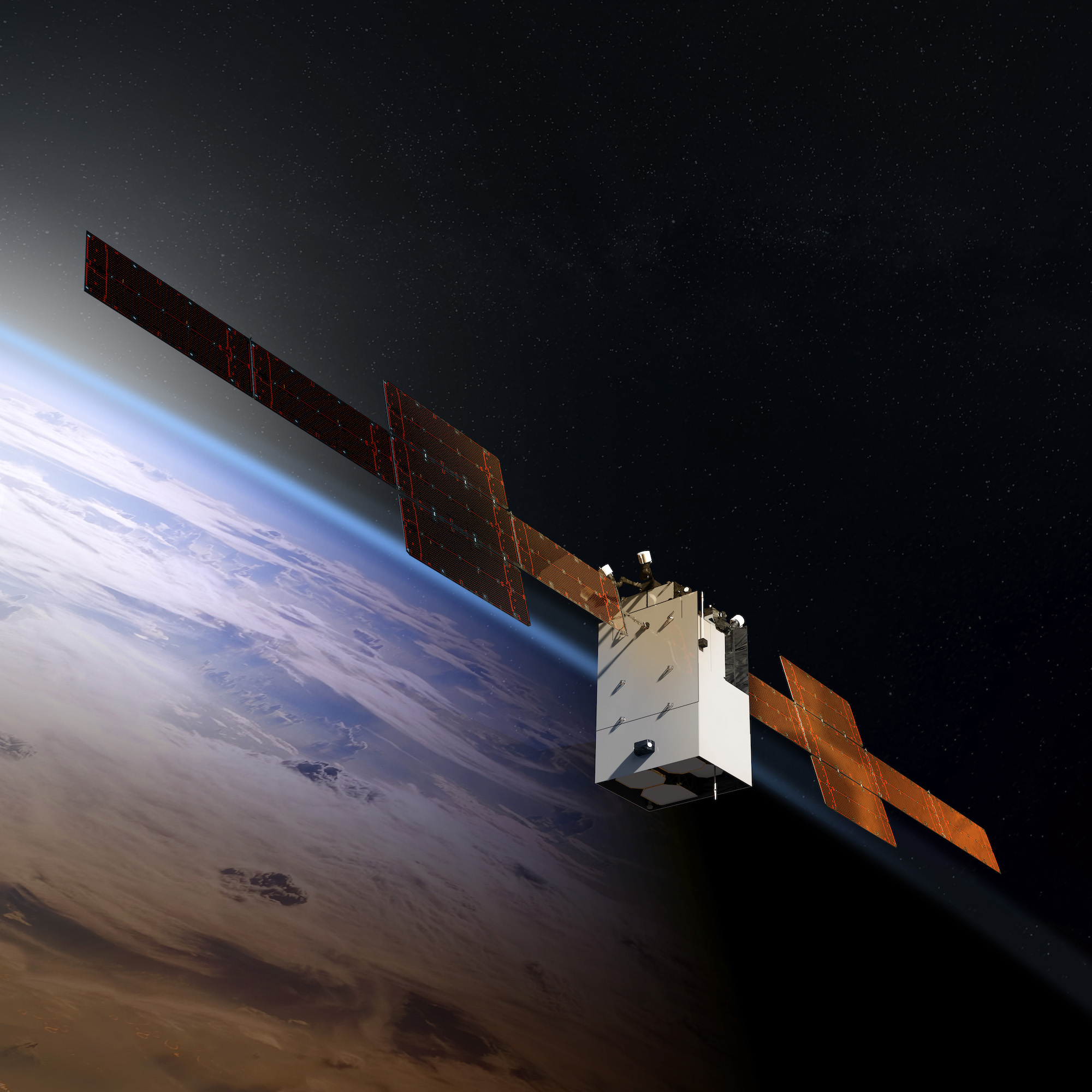WASHINGTON — The U.S. Space Force will use funds that Congress added to the 2023 defense budget to buy a wideband communications satellite made by Boeing, a spokesperson confirmed Feb. 7.
The new geostationary satellite, to be named WGS-12, will be the 12th of the Wideband Global Satcom constellation that provides communications services to the U.S. military and allies.
The Space Force did not request funding for a wideband satellite in the 2023 budget but Congress nevertheless added $442 million, an action reminiscent of the 2018 defense appropriations bill when Congress inserted $600 million for WGS-11.
“The $442 million was added to the WGS program element to procure a WGS-12, which will be a build-to-print of WGS-11,” a Space Systems Command spokesperson told SpaceNews via email.
The 2023 appropriations bill did not specifically direct the Space Force to buy another WGS satellite although it is implied. It directs the service to “procure a protected wideband satellite to provide resilient, jam resistant tactical communications to support warfighter needs.”
Defense appropriations for years have raised concerns about a shortage of satellite communications capacity for military users, particularly those who need high levels of security.
Under a Space Force contract, Boeing and Northrop Grumman are developing next-generation military communications payloads known as protected tactical satcom, or PTS. According to sources, lawmakers were concerned the PTS program would take too long to develop and field, which prompted the decision to add funds for a wideband satellite.
The $442 million will pay for the satellite and does not cover launch costs. Defense appropriators asked the Space Force to report back on how it plans to fund the launch.
The Space Force said last year it was negotiating a cost-sharing agreement with international users of the WGS constellation to fund the launch of WGS-11. Presumably a similar agreement would be pursued for WGS-12.
The WGS constellation supports the militaries of Canada, the Czech Republic, Denmark, Luxembourg, Netherlands, New Zealand, and Norway. The U.S. also has a separate bilateral agreement with Australia. Two new partner nations are in discussions to join the coalition but their identities have not yet been disclosed.
Boeing is building WGS-11 at its factory in El Segundo, California. The Space Force awarded the company a $605 million contract in October 2019. Boeing said it plans to deliver the satellite in 2024.
Boeing has been the WGS prime contractor since 2001. The first satellite was launched in 2007.
